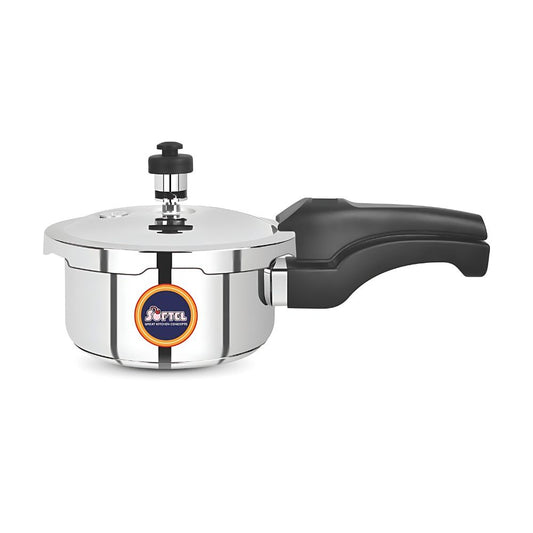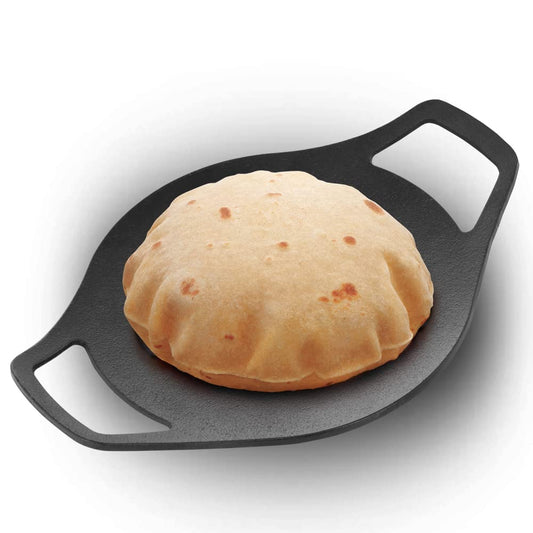Keeping your kitchen clean and hygienic is essential for food safety, preventing the spread of foodborne illnesses, and ensuring the overall quality of your culinary creations.

Hygiene 1 : Handwashing Routine
Handwashing reduces the likelihood of bacteria and germs transferring from your hands to food. It helps prevent foodborne illnesses, which can arise from inadequate personal hygiene practices in the kitchen.
Hygiene 2 : Sanitize surfaces
Regularly clean and sanitize all food preparation surfaces, including countertops, cutting boards, and utensils. It demonstrates your commitment to food safety. Sanitizing helps eliminate harmful bacteria like Salmonella, E. coli and Listeria that can cause serious foodborne diseases.
Hygiene 3 : Separate raw and Cooked foods
Mixing raw and cooked foods can compromise the quality and safety of the cooked items. Cooked foods should remain uncontaminated to preserve their taste and nutritional value.
Hygiene 4 : Maintain Proper Food Storage
Store food at the appropriate temperatures to prevent the growth of harmful bacteria. Keep the refrigerator at 40°F (4°C) or below and the freezer at 0°F (-18°C) or below. Regularly check expiration dates and discard any spoiled or contaminated items.
Hygiene 5 : Clean and Maintain Equipment
Thoroughly clean all kitchen equipment, including appliances, pots, pans, and utensils, after each use. Ensure that they are properly dried before storing to prevent the buildup of moisture, which can lead to bacterial growth.
Hygiene 6 : Implement a Cleaning Schedule
Develop a regular cleaning schedule to ensure that all areas of the kitchen are thoroughly cleaned and sanitized. This may include daily, weekly, and monthly tasks, such as wiping down surfaces, cleaning the oven, and deep-cleaning the refrigerator.
FAQ Related Maintaining Hygiene
1. What is the best way to handle kitchen utensils?
- Wash utensils that have come into contact with raw meat before using them again. Keep them clean and stored properly.
- Scrub your sink daily with a suitable cleaner to remove grime and bacteria. Wipe up any pooled water around the sink to keep it hygienic.
- Regularly checking expiry dates helps prevent the consumption of spoiled food, which can lead to foodborne illnesses. Discard any expired items promptly.
Prioritizing kitchen hygiene, not only protect the health of your family but also enhance the overall cooking experience, ensuring that meals are safe, delicious, and enjoyable.





